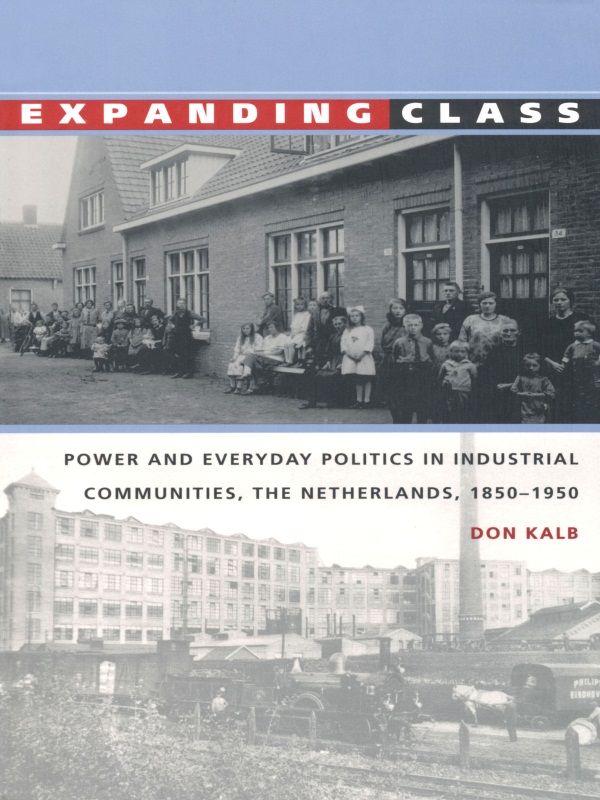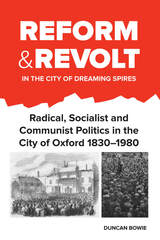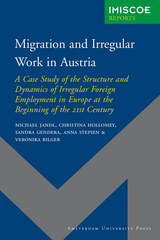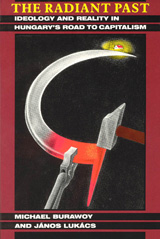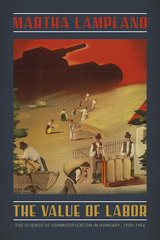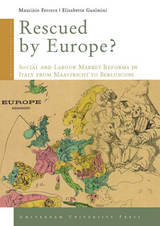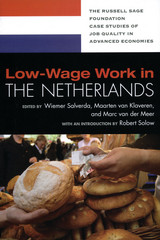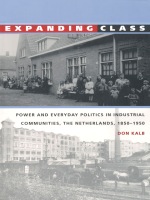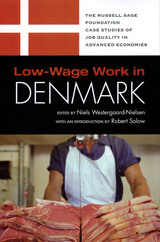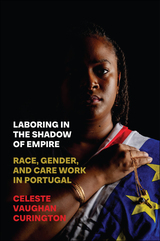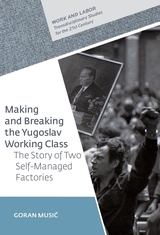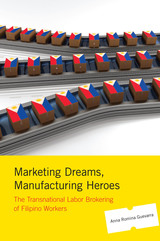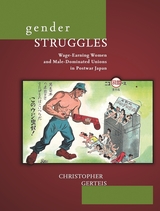Expanding Class: Power and Everyday Politics in Industrial Communities, The Netherlands 1850–1950
Duke University Press, 1998
Cloth: 978-0-8223-2012-8 | Paper: 978-0-8223-2022-7 | eISBN: 978-0-8223-9943-8 (standard)
Library of Congress Classification HD8519.N67K35 1997
Dewey Decimal Classification 305.5620949245
Cloth: 978-0-8223-2012-8 | Paper: 978-0-8223-2022-7 | eISBN: 978-0-8223-9943-8 (standard)
Library of Congress Classification HD8519.N67K35 1997
Dewey Decimal Classification 305.5620949245
ABOUT THIS BOOK | AUTHOR BIOGRAPHY | REVIEWS | REQUEST ACCESSIBLE FILE
ABOUT THIS BOOK
Expanding Class is the study and story of industrial class relations in North Brabant, a Catholic province of The Netherlands, over a hundred-year period. In examining the lives of workers in one of Europe’s more idiosyncratic industrial regions, Don Kalb affirms the utility of class analysis while responding to the cultural critics who have encouraged a movement away from this focus in labor history. In so doing, Expanding Class advances an interdisciplinary historical anthropology of working-class formation. Basing his analysis on oral as well as archival sources, Kalb reveals a dynamic relationship between capitalist industrialization, locality, and cultural class identities.
Expanding Class compares Brabant’s quaint central shoemaking district to its electrical boomtown Eindhoven, home of the enormous Philips Corporation. It introduces the concept of "flexible familism," a sociological phenomenon in which family daughters were employed to facilitate a cheap and ample labor force. Industrialists manipulated and fostered flexible familism to ensure the discipline and loyalty of the working-class community. By using the industrial Netherlands as a paradigm, Kalb reveals new and productive ways to examine class construction and the development of labor history in other countries over the past thirty years, steering a path between the two schools of thought—cultural and economic—that have dominated labor history discussions in recent years.
Expanding Class compares Brabant’s quaint central shoemaking district to its electrical boomtown Eindhoven, home of the enormous Philips Corporation. It introduces the concept of "flexible familism," a sociological phenomenon in which family daughters were employed to facilitate a cheap and ample labor force. Industrialists manipulated and fostered flexible familism to ensure the discipline and loyalty of the working-class community. By using the industrial Netherlands as a paradigm, Kalb reveals new and productive ways to examine class construction and the development of labor history in other countries over the past thirty years, steering a path between the two schools of thought—cultural and economic—that have dominated labor history discussions in recent years.
See other books on: Everyday Politics | Labor | Netherlands | Power (Social sciences) | Working class
See other titles from Duke University Press
